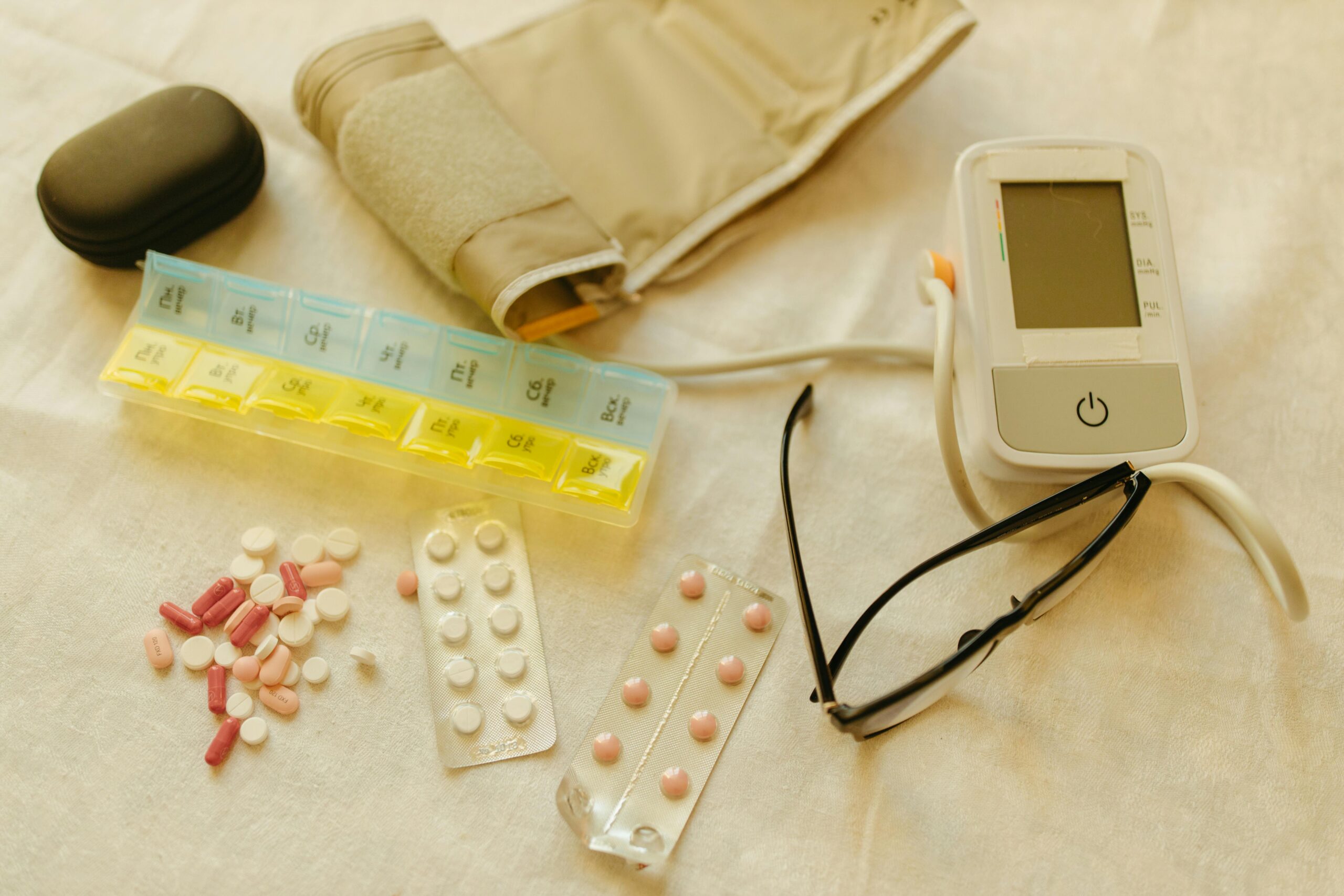The word “Cholesterol” to the average person’s ears usually has a bad connotation. Marketing has taken advantage of this on food packages claiming that the food helps to “lower cholesterol”. Cholesterol levels show up on many of our health screenings and for good reason. However, not all cholesterol is bad and it actually serves a good purpose in our bodies. While cholesterol has body benefits, it’s also true that high cholesterol levels, particularly low-density lipoprotein (LDL) cholesterol, have been linked to an increased risk of cardiovascular disease. When a doctor sees cholesterol levels that are high, often the first line of defense is a medication like a statin.
As a Functional Medicine practitioner, I aim to empower my clients with education and strategies that address the root causes of health challenges. If we understand the root cause, we can make changes that not only address the symptoms, but support greater overall wellness as a big picture. This article will explain how cholesterol functions in the body, why medications might not always be the best option, and effective ways to lower cholesterol naturally.
Cholesterol’s Role in Our Bodies
Cholesterol is manufactured in the liver and is a waxy, fat-like substance found in every cell of the body. It has critical and essential functions in our body! Here are 4 main functions of cholesterol:
- Hormone Production: Cholesterol is a precursor for hormones such as estrogen, testosterone, and cortisol.
- Vitamin D Synthesis: It helps the skin produce vitamin D when exposed to sunlight.
- Cell Membrane Structure: Cholesterol contributes to cell membrane fluidity and integrity.
- Bile Acid Formation: It aids in digesting and absorbing dietary fats.
We need cholesterol!
If you looked closely at your doctor’s tests, you’d see 2 main lipoproteins being measured along with your triglycerides. Cholesterol travels through the bloodstream via lipoproteins. The two main types are:
- Low-Density Lipoprotein (LDL): Often referred to as “bad” cholesterol, high levels of LDL can lead to plaque buildup in arteries. Interestingly, not all LDL is created equal. Small, dense LDL particles are particularly dangerous, as they penetrate arterial walls more easily, contributing to plaque buildup. Advanced testing for LDL particle size, though not routine, can provide deeper insights into cardiovascular health. In addition, oxidized LDL (oxLDL) is another concerning factor. OxLDL is LDL cholesterol that has undergone chemical changes due to oxidative stress. It is associated with chronic inflammation and plays a critical role in atherosclerosis, creating a vicious cycle that increases cardiovascular risk. For individuals with chronic inflammatory conditions, oxLDL may be an important biomarker for assessing cardiovascular disease risk.
- High-Density Lipoprotein (HDL): Known as “good” cholesterol, HDL helps remove excess cholesterol from the bloodstream.
While some cholesterol is necessary, an imbalance—especially high LDL and low HDL—can increase the risk of heart disease. Often when a doctor sees this imbalance via your bloodwork, they will suggest a medication to lower the “bad cholesterol” (LDL). They may also suggest some lifestyle habits to increase your “good cholesterol” (HDL). It’s good to consider how our lifestyle choices affect both LDL and HDL and consider these natural approaches before quickly jumping to the medication route of treatment.
Medications Aren’t Always the Best Solution
Statins, the most commonly prescribed medications for high cholesterol, work by reducing cholesterol production in the liver. While they are effective for many, they come with potential downsides:
- Side Effects: Muscle pain, fatigue, dizziness, sluggish digestion, low blood platelet count, liver damage, and an increased risk of type 2 diabetes are reported side effects of statins.
- Symptom management without root cause focus: Medications often address cholesterol levels without tackling the root causes, such as inflammation, poor diet, or sedentary lifestyles.
- Dependency: Relying solely on medication can make patients less likely to adopt the lifestyle changes necessary for long-term health.
- Individual Variability: Cholesterol levels are influenced by genetics, lifestyle, and metabolic factors. A one-size-fits-all pharmaceutical approach may not work for everyone.
For these reasons, a natural, holistic approach is often preferable, particularly for individuals with moderately elevated cholesterol levels or those seeking to prevent cardiovascular disease.
8 Natural Strategies to Lower Cholesterol
1. Adopt a Heart-Healthy Diet
A diet rich in whole, unprocessed foods can dramatically impact cholesterol levels:
- Increase Soluble Fiber: Soluble fiber binds to cholesterol in the digestive tract, helping to eliminate it from the body. Foods high in soluble fiber include oats, beans, lentils, peas, sweet potato, apples, okra, broccoli, strawberries and prunes.
- Replace saturated and trans fats with monounsaturated and polyunsaturated fats. Sources include olive oil, avocados, nuts, seeds, and fatty fish like salmon and mackerel. Monounsaturated and polyunsaturated fats are both liquid at room temperature and are known to lower your cholesterol.
- Add Plant Sterols and Stanols. These plant chemicals help to block cholesterol absorption in the gut.
- Limit Processed Foods: Reduce consumption of refined carbohydrates, sugary drinks, and fried foods, which can contribute to inflammation and poor lipid profiles.
2. Engage in Regular Physical Activity
Exercise boosts HDL (good cholesterol) while lowering LDL (bad cholesterol) and triglycerides. Aim for at least 150 minutes of moderate aerobic exercise per week, such as brisk walking, swimming, or cycling. Resistance training also benefits cholesterol metabolism .
3. Manage Stress Levels
Chronic stress affects cholesterol levels indirectly by promoting unhealthy behaviors like overeating, smoking, or inactivity. It also raises your cortisol levels which subsequently raise your blood pressure, heart rate and other physiological systems to manage it. Practices such as meditation, deep breathing, yoga, and spending time in nature can help lower stress and, by extension, improve cholesterol levels.
4. Prioritize Sleep
Inadequate or poor-quality sleep can disrupt lipid metabolism and increase the risk of cardiovascular disease. Aim for 7–9 hours of quality sleep each night and establish a consistent sleep routine.
5. Maintain a Healthy Weight
Even modest weight loss (5–10% of body weight) can significantly reduce LDL cholesterol and triglycerides while increasing HDL cholesterol . Focus on sustainable lifestyle changes rather than fad diets.
6. Incorporate Natural Supplements
Certain supplements can support healthy cholesterol levels, though they should always be used under the guidance of a healthcare provider:
- Omega-3 Fatty Acids: Found in fish oil, omega-3s can lower triglycerides and improve HDL cholesterol .
- Red Yeast Rice: Contains natural statins that may help reduce LDL cholesterol it carries some risks similar to prescription statins.
- Niacin (Vitamin B3): High doses of niacin can improve HDL levels but should be monitored for side effects.
- Plant Sterols and Stanols: Available in supplement form, these compounds help lower LDL cholesterol.
- Berberine and Garlic: There are small studies that have shown connection in incorporating these supplements into your diet. Berberine is a compound isolated from the bark, roots, rhizome, and stems of plants from the genus Berberis.
7. Reduce Alcohol Intake
While moderate alcohol consumption has been linked to higher HDL levels, excessive drinking can increase triglycerides and contribute to weight gain and other health issues. Limit alcohol to one drink per day for women and two for men.
8. Quit Smoking
Smoking lowers HDL cholesterol and damages blood vessels, accelerating the process of atherosclerosis. Quitting smoking can quickly improve HDL levels and overall cardiovascular health.
Addressing the Root Causes with Functional Medicine
Functional Medicine focuses on identifying and addressing the underlying causes of disease rather than merely treating symptoms. When it comes to cholesterol management, this means:
- Personalized Care: Evaluating factors such as genetics, metabolic health, diet, and lifestyle to create an individualized plan.
- Root-Cause Analysis: Investigating potential contributors like insulin resistance, chronic inflammation, or gut microbiome imbalances.
- Long-Term Solutions: Equipping patients with sustainable habits that improve not just cholesterol but overall well-being.
Take Control of Your Cholesterol Naturally
Cholesterol is a complex, but essential part of our biology. While medications like statins can be lifesaving for some, many individuals can achieve healthy cholesterol levels through natural, sustainable lifestyle changes. By understanding how cholesterol works and addressing root causes, you can take charge of your cardiovascular health without relying solely on medications.
If you’re ready to explore a personalized approach to lowering cholesterol, let’s work together to create a plan tailored to your needs. Functional Medicine offers the tools and insights to help you achieve lasting health and vitality.
https://www.healthcentral.com/condition/high-cholesterol/cholesterol-particle-size
https://pubmed.ncbi.nlm.nih.gov/36727024
https://pubmed.ncbi.nlm.nih.gov/36522243
https://www.heartuk.org.uk/healthy-living/introduction
https://pubmed.ncbi.nlm.nih.gov/9925120
https://pubmed.ncbi.nlm.nih.gov/10975959
https://www.health.harvard.edu/heart-health/how-to-lower-your-cholesterol-without-drugs
https://health.clevelandclinic.org/from-fiber-to-fish-oil-natural-ways-to-lower-your-cholesterol
https://www.rupahealth.com/post/a-functional-medicine-approach-to-treating-high-cholesterol






